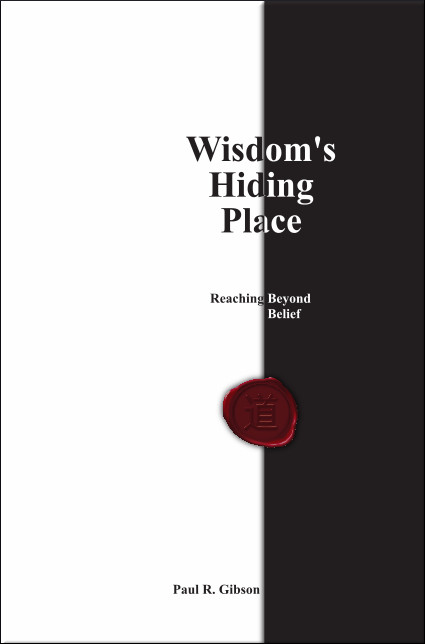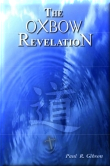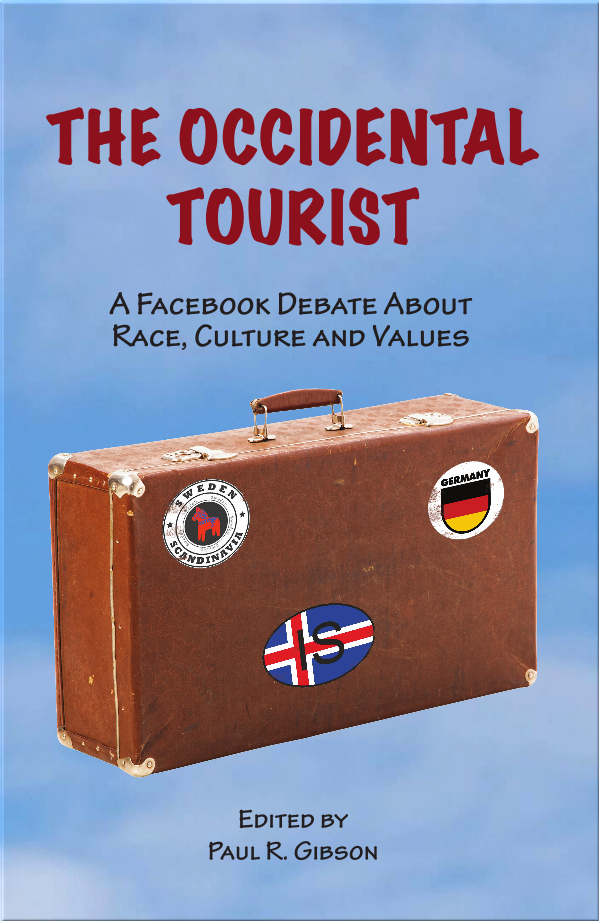Barnes & Noble
E-Book available on
Amazon,
Google Play,
Barnes & Noble,
iTunes

Score
Books
More books by
Paul R. Gibson



FOREWORD
This book is current yet timeless. My sister and I, mainly, discuss race, culture, politics and values. What could at times be considered arcane or futile debate is bracketed by the fact that Donald Trump’s run for president of the United States has attracted so many ardent supporters; one such being my sister Sharon. Although we only mention Donald Trump a couple of times within our yearlong debate, the same attitudes that radiate from his persona cause certain people and their issues to gravitate to his campaign. Alongside this push and pull we seem to be witnessing the disintegration of at least one political party while finding concern about what may rise from these ashes.
Although the topics we speak of tend to be emotionally charged, Sharon and I kept our pointed conversation polite. With the rise, however, of the unapologetic rudeness by many of an emboldened right-wing, these issues find new devotees and take on new importance. The anger and belligerence of a great many people is surfacing while many believe their divisiveness stands for some moral and/or national unity. Too few people will think critically about their own beliefs yet they shout them from the rooftops. At the same time they damn those who want more reasonable discussion. And make no mistake, this unreasonableness isn’t limited to what many call the far right-wing. The same unreasonableness is as prevalent on the far left-wing. Whether you agree with these labels or not, there is a nagging necessity for certain people to encourage that which is most extreme at the expense of civility. Each side then calls the other “idiots” who “just don’t get it.” As a result too many mainstream Republicans and Democrats have come to define the other’s party by the extreme idealists on its far wings instead of offering the benefit of some doubt. Having spent years on the far right-wing of our current political spectrum, I can fairly say that I get it. Like others, I listened religiously to right-wing talk radio. Then after watching Fox News on TV there is always the Internet where all of us can search out only those points of view that we agree with. We seem to engage in this sport so as to hone talking points aimed at discrediting others. As it is, we can now read about, watch and listen to the worst that the extremes can dish out about each other for 24 hours a day if we are so inclined. On the right this myopia is often touted as “balance” for that demonic “lame-stream media”.
Somehow along the line I sought out another option: Seek out viewpoints I disagree with and then try to find ways to understand them in their best possible light. After all, to seek out and embed yourself within only one point of view can’t be justified as balance, it can only result in a self-imposed ignorance. And is ignorance something we really want to value? You cannot fairly learn about your own side when you can’t fairly represent the opposing side. Although ideals tend to the extremes, broader reality can reveal the unity that might now appear as distant relations, let alone as brother and sister.
Although I started reading right-wing political books when I was eleven, my furthest right-wing ideals started to moderate in my twenties, and not because liberal college professors were indoctrinating me. I had simply come to view anti-communism as an awfully narrow and negative basis for my politics. Communism simply wasn’t related to everyday issues. My alternative was to start reading history and learning about liberty. Although I soon began calling myself a libertarian, it didn’t take long to find out that most libertarians were simply right-wing Republicans who wanted polygamy (I did live in Utah after all) or drugs (or insert your pet desire here) legalized. Most other libertarians were essentially anarchists who saw little if any value in centralized government. As a result, the very idea of freedom began to fall short as a foundation for my political thought. No matter how patriotic it sounded to me, something was wrong with espousing the idea of personal freedom that I couldn’t immediately explain.
It normally takes something more than consideration of one’s options to spur a major shift in one’s thoughts, feelings and values. For me the urgent need for change came in my early thirties while listening to an avowed white supremacist speaking for the KKK. He was using what had become my own best arguments for individual freedom and “state’s rights”, yet his arguments were targeted against all those other people (blacks, homosexuals, Jews, Asians, Mexicans and other mostly non-white “immigrants” or migrant workers) living within his America. These people were unworthy of civil and sometimes even human rights. He quoted the Bible while chiding government for protecting those he deemed immoral, illegal or somehow otherwise less than himself. He lambasted the judiciary for usurping the role of majoritarian democracy by protecting the rights of minorities who had the gall to demand “special rights”. Special rights, it seems, are those rights that the ruling majority take for granted. And while the pests in the minority were asking him to be civil, he said, “What they call civility, I call socialism. This country was built upon freedom not totalitarianism!” He praised democracy while disparaging civility. He referred to this civility with the now common term “political correctness”. Perhaps it was his inexplicable use of the terms “socialism” and “totalitarianism” that prompted me to begin understanding just how my beliefs had been guided, or misguided.
How could this man’s words and reasons sound so similar to mine and yet be so opposed to the Constitution I valued so highly? What was I overlooking? How should I judge the differences? What foundation could I or should I use for my values and for my politics? While talking to coworkers about this, I came to see that while many people value their own individual freedom, few seem to value the fact that this freedom can’t exist when there is no justice to guard and ensure it. Therefore justice must either come first or be woven into the very fabric of liberty. In order to have liberty for all we must vigorously promote and defend equal rights and justice for all. If we don’t do this, democracy is simply a fancy term for the strong ruling over (or constantly overruling) the weak. There is simply no reason to concern ourselves with culture or politics if we refuse to be civil with those we disagree with. If we can’t value this simple fact, civil society will come untethered from any greater social morality while society breaks into feuding factions. Within the political climate of 2016 United States, this reality has gained a sense of urgency. We witness the same urgency within the political climate of 2016 Great Britain.
For many on the right today, the term political correctness is spat out like an epithet while the left is branded as too sensitive. Of course the sensitivity of the right is on full display when the left dares comment upon certain religious beliefs, holiday rituals and other things that symbolize their brand of patriotism. The right definitely has its own sense of political/social correctness. If they didn’t, what would all this hubbub be about? Ironically, some on the right want to rein in the left while claiming that political correctness restrains their free speech. Regardless of the obvious sensitivities on all sides, too many want others to watch their language while taking little responsibility for their own free speech. Any improvement in this process requires more civility on all sides rather than less. When all is said and done, free speech can only be of value for our society insofar as we are civil with our use of it. Neither side should want their own brand of political correctness to squelch the fair debate that exists within civil, free speech.
I, for one, am very much in favor of free speech yet I regard today’s minimal exceptions to free speech to be reasonable. An example of such exception is limiting the freedom of someone who might endanger public safety by shouting FIRE in a crowded theater when there is no clear and present danger. In this way, free speech is not much different from the social health need for vaccination. Health and safety are effected by the social responsibility or irresponsibility of others. So as is often the case, except for those on the extremes, free speech is not what political correctness is all about. Political correctness is not about law so much as it is about social responsibility and respect for others. Many who prefer political correctness are not trying to quell free speech, they are vying for more accuracy within speech. Words mean things. They see that our terms are value laden and therefore should be explored for what they may imply. Free speech can be likened to free and fair trade. We can never know if our words approach truth (or if our products approach quality) unless we actively invite and engage in competition; a competition geared toward quality rather than sloganeering. I hope this book is an example of this free and fair exchange.
Freedom tempered with the equal justice necessary for maintaining everybody’s civil rights remains the beginnings and ends of liberty. This civic responsibility values civil and human rights over majoritarianism no matter how boisterous those against this equal justice may become. Concern about “the tyranny of the majority” as voiced by John Locke, John Stuart Mill, Thomas Paine, John Adams, James Madison and Alexis de Tocqueville is foundational to liberty within America’s classical liberal tradition.
One thing that struck me while reading history as an adult is how most of my own ideas about politics had seemed so negative whereas our forefathers had sounded hopeful and forward thinking. Theirs was a liberty for rather than simply the freedom from we hear so much of today. I had been so focused upon what was wrong with the system that I had only been quoting Thomas Jefferson when his arguments seemed to buttress my negative views. Inadvertently I had been ignoring greater values that I’d not properly studied. It still strikes me as ironic that I had to study liberty in order to value the concerns that existed beyond my own individual freedom. While learning about liberty I started to look toward potential and I slowly became more positive. New values began to solidify. As I studied America’s traditions it began to strike me, as it still does today, how odd it was that I had once assumed the foundations of our American traditions were somehow conservative or even right-wing. The American experiment has been imperfect but its greatest strides have been liberal and quite revolutionary.
Home
Introduction
